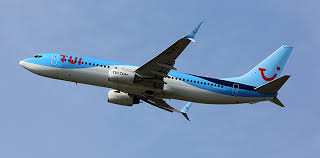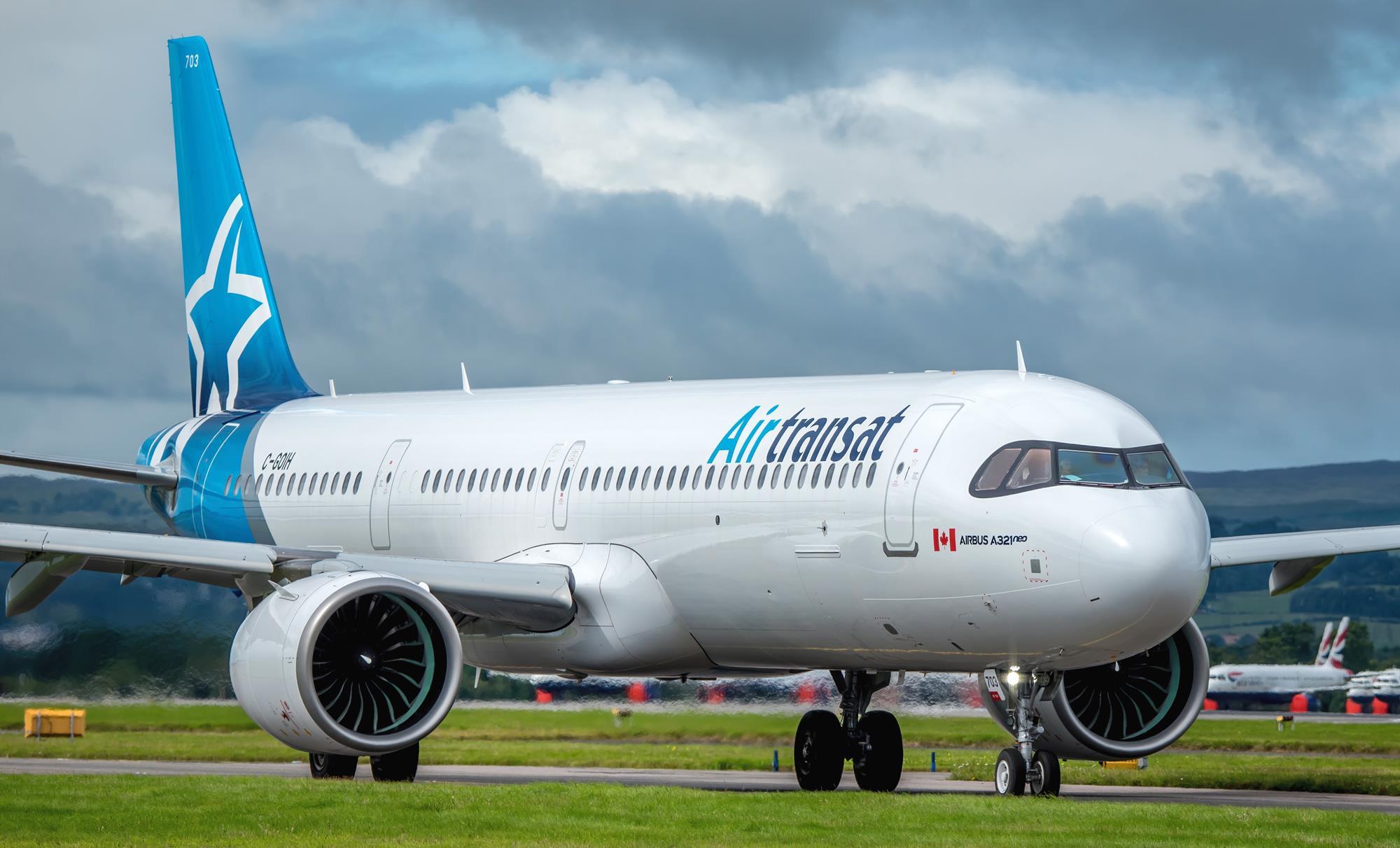
TUI Airways, one of Europe’s prominent leisure airline brands, has embarked on a strategic move to enhance the flexibility of its fleet by engaging in a sale-leaseback agreement for its new Boeing 737-8 aircraft. This notable transaction underpins the airline’s commitment to maintaining a modern, cost-effective fleet while ensuring optimal operational agility amid evolving market demands. The transaction was facilitated through a partnership with BBAM, a leading aircraft leasing company.
Understanding the Sale-Leaseback Strategy
The sale-leaseback strategy is a financial maneuver where an airline sells its aircraft to a leasing company and then leases it back for its own use. This enables airlines like TUI Airways to unlock capital tied up in the expensive assets, enhancing liquidity without compromising on access to aircraft. Cost efficiency and financial flexibility are at the core of this strategy, allowing TUI to optimize its balance sheet and strategically allocate resources.
Impacts on Fleet Management
By engaging in this sale-leaseback agreement with BBAM, TUI Airways stands to benefit in several significant ways:
- Increased Liquidity: By freeing up capital, TUI can reinvest in essential operational areas, supporting overall growth and resilience.
- Operational Flexibility: The ability to lease aircraft allows TUI to easily scale its fleet according to market demand fluctuations without the need for long-term commitments.
- State-of-the-Art Fleet Maintenance: Consistently leasing **modern aircraft** ensures that TUI maintains a reliable and efficient fleet, reducing maintenance downtime and improving fuel efficiency.
The Significance of the Boeing 737-8
The Boeing 737-8 is an essential asset for TUI Airways, known for its fuel efficiency, advanced technology, and passenger comfort. By strategically aligning with BBAM for leasing these aircraft, TUI is poised to offer enhanced travel experiences while reducing its environmental footprint through improved fuel economy.
As airlines continue to recover from industry disruptions, **having access to the latest aircraft models** like the 737-8 allows for a competitive edge in delivering high-quality services at optimized costs. This is particularly important for leisure-focused carriers such as TUI Airways, where operational efficiency directly translates to improved customer satisfaction and business viability.
Looking Ahead
With the aviation industry gradually rebounding, TUI Airways’ initiative to embrace sale-leaseback strategies highlights a calculated approach to financial resilience and market adaptability. This move, coupled with the deployment of advanced aircraft like the Boeing 737-8, positions TUI to effectively capitalize on emerging opportunities within the dynamic travel sector.
As TUI Airways continues to enhance its fleet and fortify its market standing, industry watchers and travelers alike will keenly observe how such strategic decisions impact the airline’s future trajectory and service offerings.
Scudrunners.com



